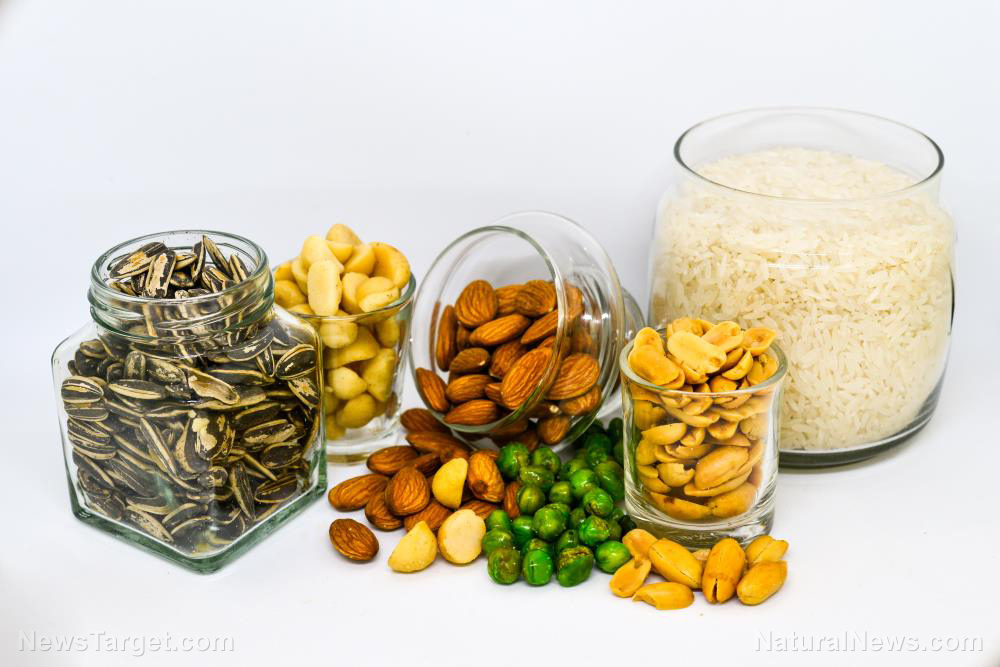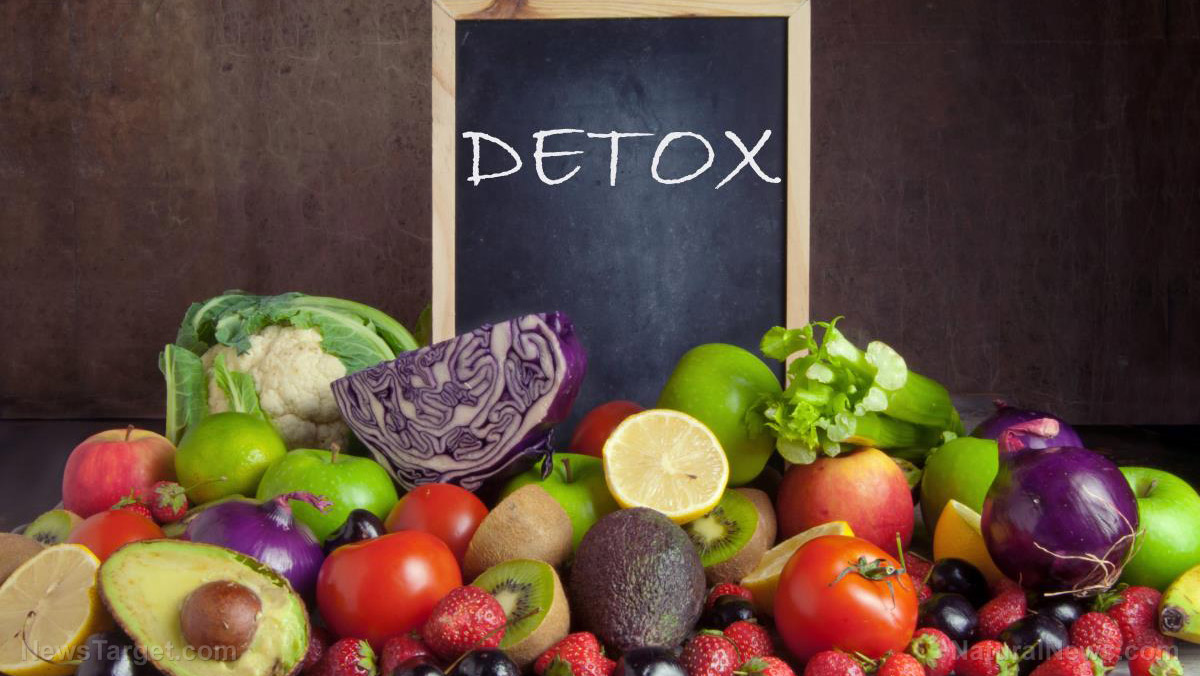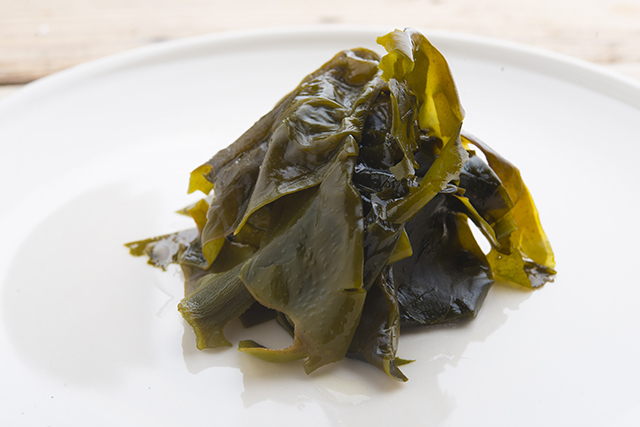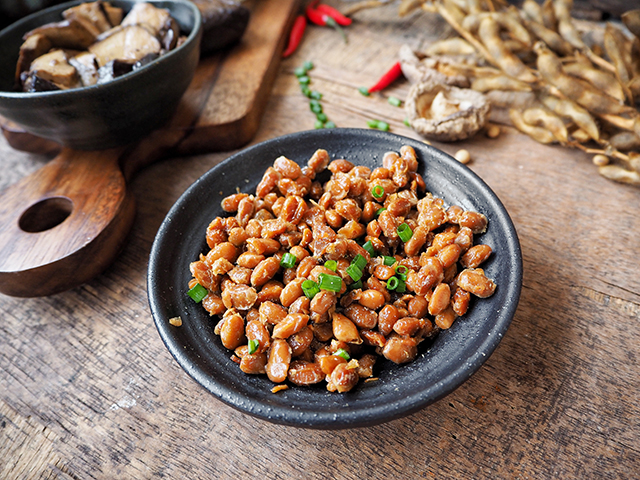How to make a DIY hand sanitizer using essential oils
04/11/2023 / By Olivia Cook
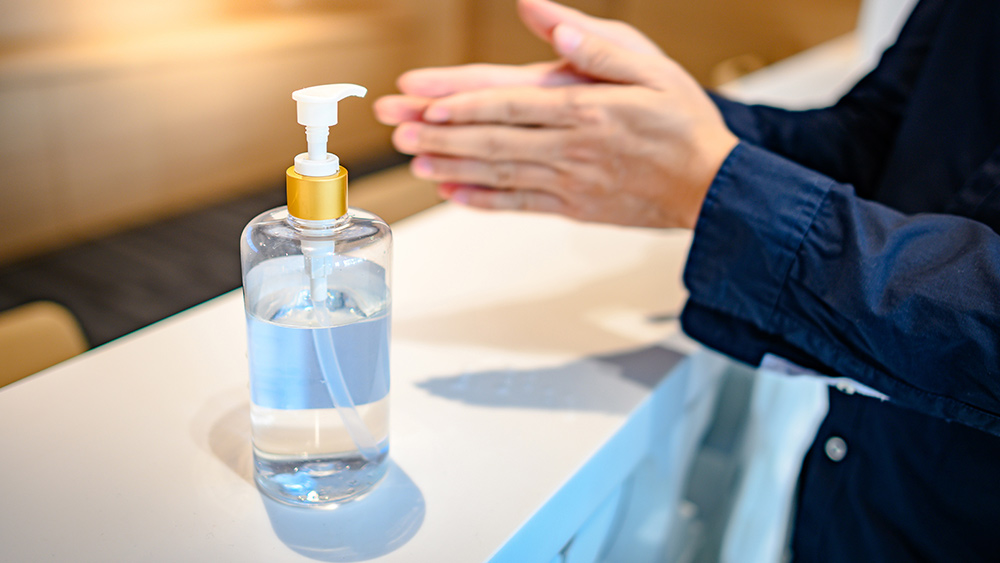
Many hand sanitizers sold on the market contain harmful ingredients like triclosan that contribute to the rise of antibiotic-resistant bacteria.
Gaye Levy of Backdoor Survival shares her recipe for an everyday non-alcohol-based hand sanitizer – a moisturizing gel that will not only clean your hands but also nourish them, thanks to the wonderful qualities of 100 percent organic, cold-pressed aloe vera gel, organic coconut oil and a blend of powerful essential oils.
DIY All-natural hand sanitizer
To make a 1 cup/8 ounce solution, you will need the following ingredients:
- ½ cup extra virgin coconut oil (EVCO)
- ½ cup organic aloe vera gel
- 120 drops total of your preferred essential oils (see suggestions below)
Mix everything together, then put them in a squeeze bottle or a pump bottle that you can keep on your counter.
If your home is on the cool side, your coconut oil will be semi-solid. To easily mix things in a large Pyrex cup, slightly warm the extra virgin coconut oil before adding the other ingredients.
When choosing essential oils, choose oils or blends that have strong antimicrobial properties, such as clove bud, eucalyptus, lavender, melaleuca/tea tree, oregano, peppermint and rosemary. This is by no means a complete list, but it includes popular and budget-friendly oils that you may already have in your stash. (Related: Tea tree oil is a mini medicine cabinet in a bottle.)
Don’t forget to label your freshly made hand sanitizer so you won’t forget the combination of essential oils you used.
Essential oils with antimicrobial activity
According to a study published in the journal Medicines, essential oils obtained from plant materials (bark, buds, flowers, fruits, herbs, leaves, roots, seeds, twigs and wood) possess significant antibacterial, antifungal, antioxidant, antiseptic, antiviral and insecticidal activities, making them powerful tools for reducing bacterial resistance.
Researchers explain that an important characteristic of essential oils and their components is hydrophobicity (lack of affinity for water). The hydrophobic components of essential oils interact with the lipids present in the cell membranes of microorganisms, resulting in metabolic damage and cell death.
The major constituents of essential oils can constitute up to 85 percent of the oil, whereas other components are present only in trace amounts. Terpenes and terpenoids, many of which have antimicrobial properties, comprise the main groups.
In a study published in the journal Microbios, researchers found eucalyptus, lemongrass, orange and peppermint essential oils to be effective against 22 bacterial strains, including gram-positive cocci rods and gram-negative rods. Other essential oils that have shown inhibitory activity against a wide range of bacteria include Indian bael, palmarosa, white weed, patchouli, citronella and geranium essential oils.
You often only need 1-2 drops to enjoy the benefits of essential oils, so using them to make your own hand sanitizer is significantly cheaper than buying commercial formulations.
Is your current hand sanitizer on the FDA’s Do-Not-Use list?
Recent safety testing by the Food and Drug Administration (FDA) revealed that some commercial hand sanitizers are contaminated with methanol and 1-propanol, which have been classified as potentially toxic to humans.
If you’re using a hand sanitizer that’s on the FDA’s do-not-use list, discard the product immediately. Do NOT flush or pour the product down the drain or mix it with other liquids.
Remember that washing your hands regularly with soap and water is the best way to protect yourself from bacterial infections. But for extra protection, you can use a hand sanitizer that’s made with all-natural ingredients, especially essential oils with natural antibacterial properties.
Watch the following video to learn how to make a DIY essential oil mosquito repellent.
This video is from the SHTFPrepping101 channel on Brighteon.com.
More related stories:
How to make DIY non-toxic mosquito repellents with essential oils.
How to make DIY survival pain relief salve using essential oils.
Beyond aromatherapy: How to use essential oils for natural healing.
Discover the wonders of tea tree oil.
Sources include:
Submit a correction >>
Tagged Under:
Antimicrobial, DIY hand sanitizer, essential oils, green living, homesteading, hygiene, natural antibiotics, natural health, natural ingredients, off grid, preparedness, prepper, prepping, recipes, survival, tips
This article may contain statements that reflect the opinion of the author
RECENT NEWS & ARTICLES
COPYRIGHT © 2017 PHYTONUTRIENTS NEWS




